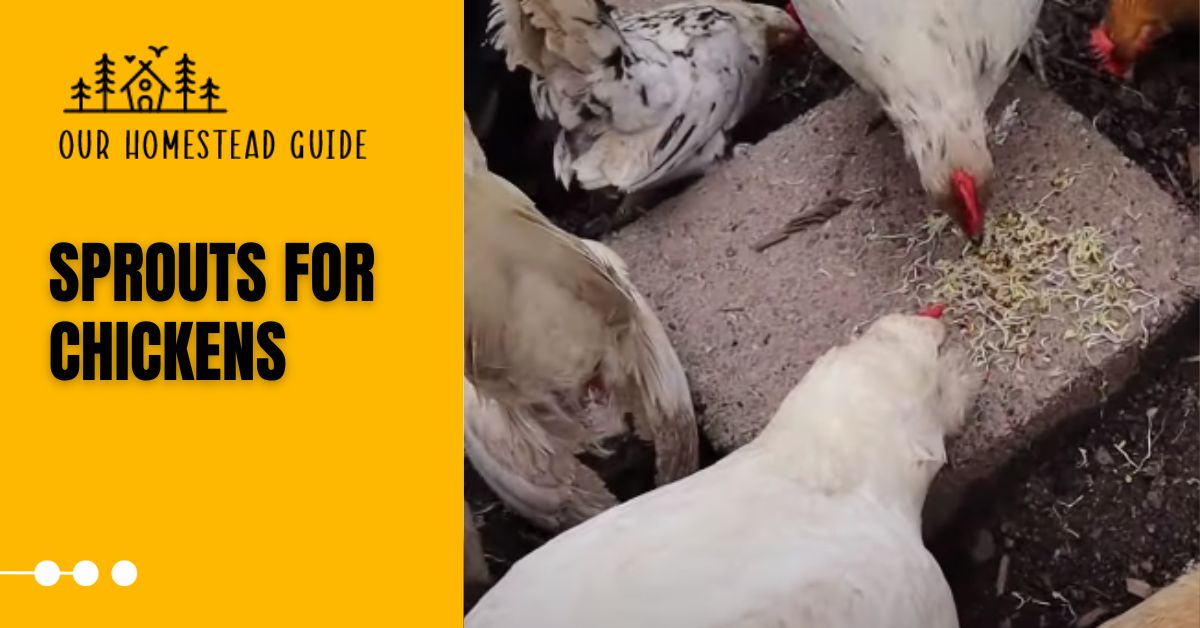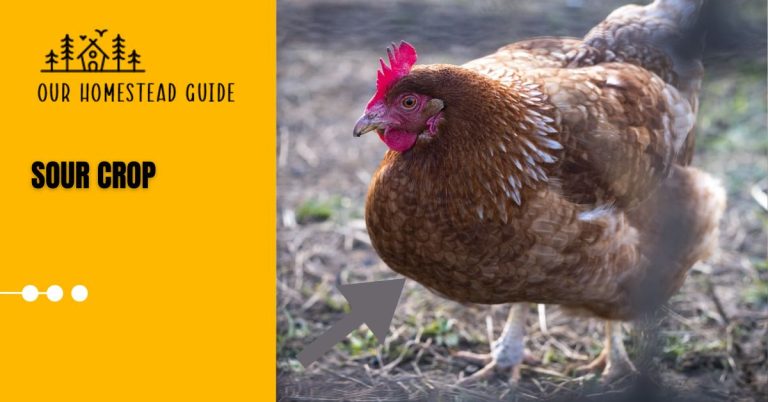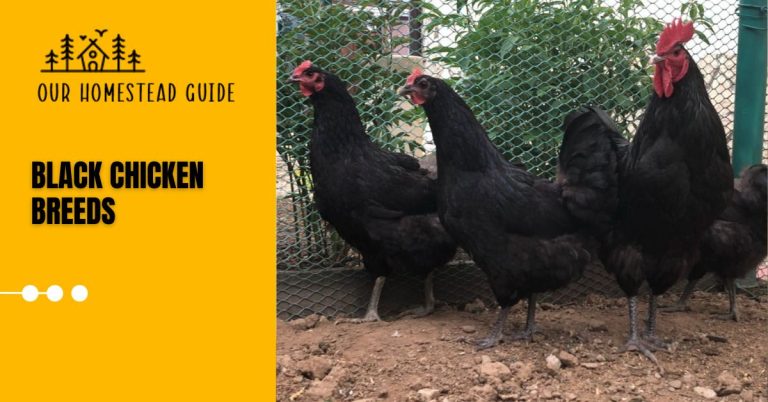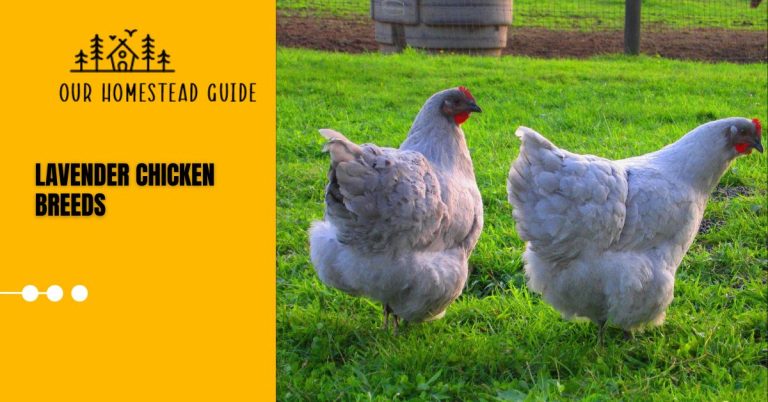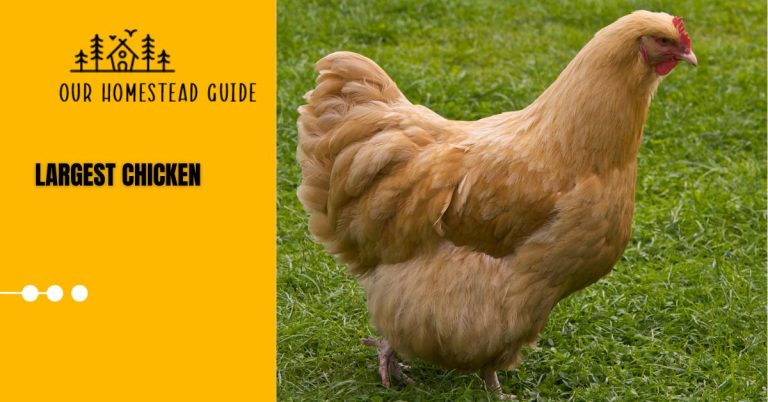Sprouts For Chickens: A Nutrient-Rich Diet For Poultry
Sprouts For Chickens, sprout seeds are produced by germinating seeds in water, which produces green shoots with little leaves. Germination is the simplest, quickest, and least expensive procedure that may be performed without the use of sophisticated equipment. For the finest sprouts, choose green or brown lentils. Alfalfa is also easily farmed, although supplies in big amounts are restricted.
Growing sprouts is a simple process that may be accomplished using everyday home objects. Jars, bowls, Tupperware, and anything else that can be quickly removed can be used as containers.
Materials Needed:
- Mason jar with a regular mouth (not wide mouth)
- Strainer lid for the Mason jar
- Seeds (e.g., broccoli, clover, alfalfa, peas, or other small seeds from the Brassica family)
- Water
- Sunlight
How to Sprouts For Chickens?
1-Select the Seeds:
Select the sort of seeds that you wish to grow. You can use a variety of seeds, however smaller seeds from the Brassica family are preferred for quick sprouting.
2-Preparing the Seeds:
- Take a regular-mouth mason jar and add a small number of seeds. Two teaspoons of seeds should be plenty.
- Fill the jar with enough water to immerse all the seeds.
- Put the lid on the jar.
- Allow the seeds to soak for 6 to 12 hours. You can begin this process at night and finish it in the morning.
3-Cleaning the Seeds:
- Replace the mason jar lid with a strainer lid after the soaking period.
- Rinse the seeds under running water using the strainer lid. Repeat this procedure two to three times each day.
- Allow some ventilation by allowing a small space in the lid for oxygen to enter. This is critical for preventing mold formation.
- Mold can grow in the absence of oxygen and excessive wetness, therefore it’s critical to keep the seeds aerated.
4-Mold Inspection and Removal:
- Check on the growing seeds on a regular basis. If you find any mold, quickly rinse it out and empty the jar.
- Mold will not always harm the seeds, but it must be addressed as soon as possible to ensure the seeds’ health.
5-Various Sprouting Stages:
- Rinse and examine the sprouting seeds every 3-5 days for the next 3-5 days.
- From the first white roots to the development of leaves and the growth of green sprouts, you’ll see many stages of sprouting.
- Place the container in a bright window so that photosynthesis may occur, turning the sprouts green.
6-Giving the Sprouts to the Chickens:
- Take the sprouts outside when they reach the proper stage and feed them to your hens as a nutritious treat.
- Chickens adore sprouting greens, which are high in nutrients.
- Fresh greens can be fed to your hens, especially if there is a dearth of grass or greens in your location due to seasonal changes.
Can you feed chickens sprouted seeds?
Feeding sprouted seeds to chickens is highly beneficial. Sprouts are nutrient-rich, containing vitamins, minerals, amino acids, and enzymes. They offer a more bioavailable nutrient source, enhancing overall chicken health.
Sprouts are easier to digest and improve nutrient absorption due to the germination process breaking down anti-nutritional compounds. This benefits chicken digestion and well-being.
When feeding chickens sprouted seeds, it’s important to consider the following:
- Seed Selection: Choose seeds that are safe and appropriate for chickens. Common choices include grains like wheat, barley, and oats, as well as legumes like lentils and sunflower seeds.
- Hygiene: Ensure that the sprouting process is carried out in a clean and hygienic environment to prevent the growth of harmful bacteria or mold.
- Balanced Diet: While sprouted seeds can offer numerous benefits, they should be a part of a balanced diet. They can complement commercial chicken feed, providing additional nutrients but not replacing it entirely.
- Variety: Rotate the types of seeds you sprout to offer a variety of nutrients and flavors to your chickens.
- Introduction: Introduce sprouted seeds gradually if your chickens are not accustomed to them. Start with small amounts and observe how your flock responds.
- Freshness: Offer fresh sprouted seeds to ensure maximum nutritional value.
- Supervision: Keep an eye on your chickens when introducing new foods to monitor their reactions and ensure they are adapting well.
Feeding chickens sprouted seeds can be an excellent way to enhance their diet and promote better health. However, it’s important to maintain a balanced and varied feeding regimen, including commercial feed and other appropriate food sources, to meet all their nutritional requirements.
Can all grains and seeds be grown for chickens?
Many grains and seeds can be grown for chickens, but not all are suitable or safe for consumption in their sprouted form. Some grains and seeds may contain compounds that, if not properly processed or germinated, can be harmful to chickens or inhibit nutrient absorption. Here are some common grains and seeds that can be safely and successfully grown for chickens, along with some that should be avoided:
Sorghum: Contains tannins and other compounds that can be harmful to chickens.
Millet: Some compounds may cause problems in overdose.
Uncooked kidney beans: Raw kidney beans contain toxins that can be harmful to chickens. If included in their diet, they should be properly cooked.
Castor beans: Highly toxic and should never be fed to chickens.
Additionally, when introducing new foods, including sprouted seeds, do so slowly and in moderation to monitor your chickens’ response and ensure their health.
Are sprouts good for chickens?
Yes, sprouts are generally considered good for chickens and provide many benefits for their overall health and well-being. Sprouts are nutritious and offer a variety of vitamins, minerals, enzymes, and amino acids that can enhance the nutritional value of chicken feed. Here are some reasons why sprouts can be beneficial for chickens:
- Increased nutrition: Sprouted seeds contain higher amounts of certain nutrients than dry seeds. The germination process increases the availability of vitamins and minerals, making them more bioavailable to the chickens.
- Digestion: The sprouting process breaks down some of the anti-nutritional compounds found in dry seeds, making the nutrients in sprouted seeds easier for chickens to digest and absorb.
- Variety: Introducing sprouts to a chicken’s diet adds variety to their diet, which can be mentally stimulating and encourage healthy eating habits.
- Enzymes: Sprouts are rich in enzymes that aid digestion and can improve nutrient absorption.
- Hydration: Sprouts are high in water content, which can help keep chickens hydrated, especially during warmer months.
- Texture and Enrichment: The texture of the sprouts provides the chickens with a crunchy and pleasant eating experience. It can enrich their environment and contribute to their overall well-being.
- Immune support: Nutrients in sprouts, such as vitamins A and C, may contribute to better immune function in chickens.
When feeding sprouts to chickens, it is important to follow these guidelines:
- Select appropriate seeds and grains for germination.
- Ensure cleanliness and hygiene during the germination process to prevent mold or bacterial growth.
- If your chickens are not used to them, introduce sprouts gradually. Use sprouts as a supplement to a balanced diet, including commercial chicken feed.
- Offer fresh sprouts and avoid feeding them if they look moldy or damaged.
- Monitor the health and behavior of your chickens when introducing new foods.
Remember that although sprouts can provide many benefits, they should be part of a well-rounded diet that meets all of your chickens’ nutritional needs. Consultation with poultry specialists or veterinarians can also provide valuable guidance specific to the nutritional needs of your flock.
Disadvantages of sprouted grains for chickens:
While sprouted grains can offer various benefits to chickens, there are also some potential disadvantages or considerations to keep in mind:
- Risk of Contamination: If not properly managed, the sprouting process can create a moist environment that promotes the growth of harmful bacteria, mold, and fungi. Contaminated sprouts can pose health risks to chickens.
- Nutritional Imbalance: Relying solely on sprouted grains can lead to an imbalanced diet. While sprouts are nutrient-rich, they may not provide all the necessary nutrients that chickens need. A diverse diet, including commercial feed, is important for meeting all nutritional requirements.
- Limited Protein: While sprouted grains do provide some protein, they might not have as high protein content as other feed sources like formulated chicken feed or legumes. Protein is essential for growth and egg production.
- Time-Consuming: Sprouting grains requires time and attention to detail. If not properly managed, the sprouting process can result in spoiled or unusable sprouts.
- Variable Nutrient Content: The nutrient content of sprouted grains can vary based on factors such as seed quality, sprouting conditions, and duration. This variability might make it challenging to consistently provide a specific level of nutrition to your chickens.
- Storage Challenges: Sprouts have a short shelf life compared to dry grains. Storing sprouted grains for extended periods can be difficult, as they can quickly become moldy or spoil.
- Cost: Depending on the scale of your operation and the cost of seeds, sprouting might be more expensive than traditional chicken feed. It’s important to consider the economic feasibility of incorporating sprouts into your chickens’ diet.
- Intolerance or Aversion: Some chickens might not immediately accept or enjoy sprouted grains. Introducing new foods gradually can help mitigate this issue.
cheap sprouting seeds for chickens
If you’re searching for cheap sprouting seeds to feed your hens, there are various alternatives to consider. These seeds are frequently available at local feed shops, garden centers, and even online. Here are some inexpensive chicken sprouting seeds:
- Barley: Barley is a low-cost sprouting option that is widely accessible at feed stores. It’s a healthy alternative for chickens.
- Wheat: Whole wheat grains are another low-cost sprouting alternative. They are nutrient-dense and readily available.
- Oats: Oat grains are a low-cost sprouting option. They are commonly used as poultry feed and are simple to sprout.
- Lentils: Green or brown lentils are a low-cost source of vital nutrients for hens.
Do you notice chickens with sprouts?
Yes, chickens often display positive responses to the inclusion of sprouts in their diet. The fresh and crunchy texture of sprouts appeals to their natural foraging instincts, and they readily consume them. Sprouts can contribute to improved digestion, enhanced nutrient intake, and potentially better overall health in chickens.
However, it’s important to introduce sprouts gradually and monitor your chickens’ reactions to ensure they adapt well to this dietary addition.
Most Frequently Asked Questions!
1-What are sprouts for chickens?
Sprouts for chickens are germinated seeds of various grains, legumes, and plants that are allowed to grow for a short period until they develop shoots. These sprouts are often fed to chickens as a nutritious and fresh supplement to their regular diet.
2-Why should I feed sprouts to my chickens?
Sprouts are rich in nutrients, enzymes, and vitamins, making them a valuable addition to a chicken’s diet. They provide fresh greens and are known to improve digestion, boost immune function, and enhance egg quality.
3-What types of seeds can I sprout for my chickens?
Common seeds that can be sprouted for chickens include sunflower seeds, alfalfa seeds, mung beans, lentils, barley, wheat, oats, and more. Ensure the seeds are suitable for sprouting and free from pesticides.
4-How do I sprout seeds for my chickens?
To sprout seeds, soak them in water for several hours (typically overnight), then drain and rinse them. Place the soaked seeds in a sprouting tray or jar with proper drainage and airflow. Rinse the seeds multiple times a day to prevent mold and promote growth. Once the shoots are a suitable length (usually 2-4 days), they can be fed to the chickens.
5-Can I feed sprouts as a complete diet for my chickens?
No, sprouts should not replace a balanced diet for chickens. They can be given as a supplement or treat alongside their regular feed. A well-balanced diet includes grains, proteins, minerals, and vitamins.
6-How often should I give sprouts to my chickens?
You can offer sprouts to your chickens a few times a week, but not exclusively. They should be part of a varied diet that includes commercial chicken feed, grains, greens, and other appropriate supplements.
7-Are there any risks associated with feeding sprouts to chickens?
While sprouts are generally safe and healthy, there’s a risk of mold growth if proper hygiene and rinsing aren’t maintained during the sprouting process. Moldy sprouts can be harmful to chickens. Always monitor the sprouting conditions and discard any sprouts that show signs of mold.
8-Can I sprout seeds during winter or colder months?
Yes, you can sprout seeds year-round by using indoor methods. Sprouting trays or jars can be placed indoors in a well-ventilated area with moderate temperatures and natural light or grow lights.
9-Can chicks eat sprouts?
Yes, but it’s recommended to introduce sprouts to older chickens first before offering them to chicks. Chicks have specific dietary requirements for growth, and a balanced chick starter feed should be their primary diet.
10-Do sprouts improve egg production in chickens?
While sprouts are a nutritious addition to a chicken’s diet, their impact on egg production may vary. A well-rounded diet, proper living conditions, and genetics also play significant roles in egg production.
Always remember that the health and well-being of your chickens depend on a balanced and appropriate diet. If you’re unsure about incorporating sprouts into your chickens’ diet, consult a poultry nutrition expert or a veterinarian.
you may also like this article.

